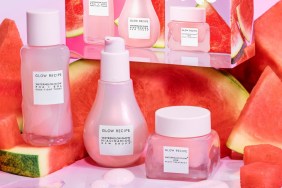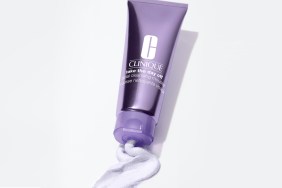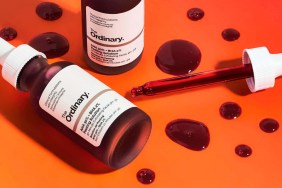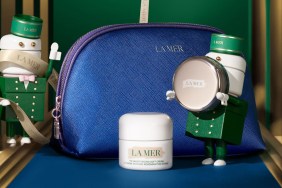Yet another popular TikTok skincare routine has entered the beauty space and we’re loving it. Skin Flooding started gaining steam over the winter and now the technique feels like it’s everywhere. It’s perfect for achieving moisturized skin as it involves lightweight layers of moisture to cure skin dryness and dehydration.
“Skin Flooding is a product-layering method that is all about applying products with hydrating ingredients onto damp skin, resulting in glowy, dewy skin,” explains Elisabeth Bouhadana, L’Oréal Paris global scientific director.
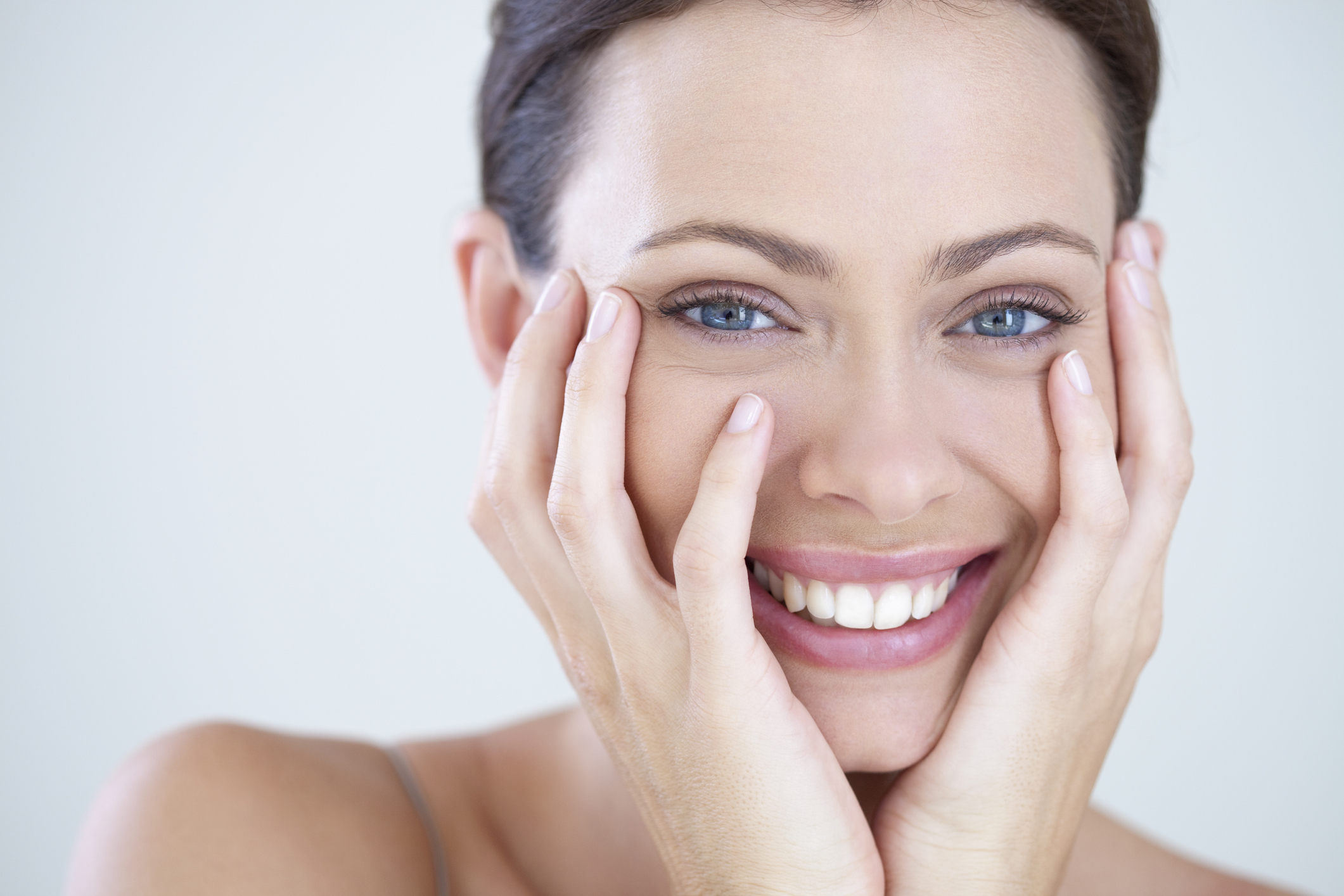
She breaks down the steps to optimize this technique:
- Step 1: Cleanse
- Step 2 (Optional): Toner/Essence
- Step 3 (Optional): Mist
- Step 4: Serum Round 1 – Apply a hydrating hyaluronic acid serum to damp skin
- Step 5: Serum Round 2 – To add additional moisture, you can apply a second serum that contains soothing, hydrating ingredients like niacinamide or ceramides
- Step 6: Moisturizer Apply your go-to face cream
The basic rules of this trend is to focus on key star ingredients mainly hyaluronic acid, which is known to be incredibly hydrating. There are hundreds of serums to choose from, but some standout favorites include Drunk Elephant B-Hydra Intensive Hydration Serum with Hyaluronic Acid and for a budget buy, The Ordinary Hyaluronic Acid 2% + B5 Hydrating Serum.
As Bouhadana mentions you’ll also want to include supporting soothing ingredients like niacinamide by way of products like The INKEY List Niacinamide Oil Control Serum.
No matter which serums you end up going with, however, it’s important to remember to start with the lightest one and work your way up to ticker products so that the skincare is actually penetrating and not simply sitting on the surface of the skin. This is especially critical if you are acne-prone as you don’t want to clog pores.
Lastly, never forget to layer sunscreen on top of your skin flooding routine. Sunscreen is important year-round because while the burning UVB rays may be most problematic in the summer, the aging (and skin cancer-causing) UVA ones are problematic year-round.





